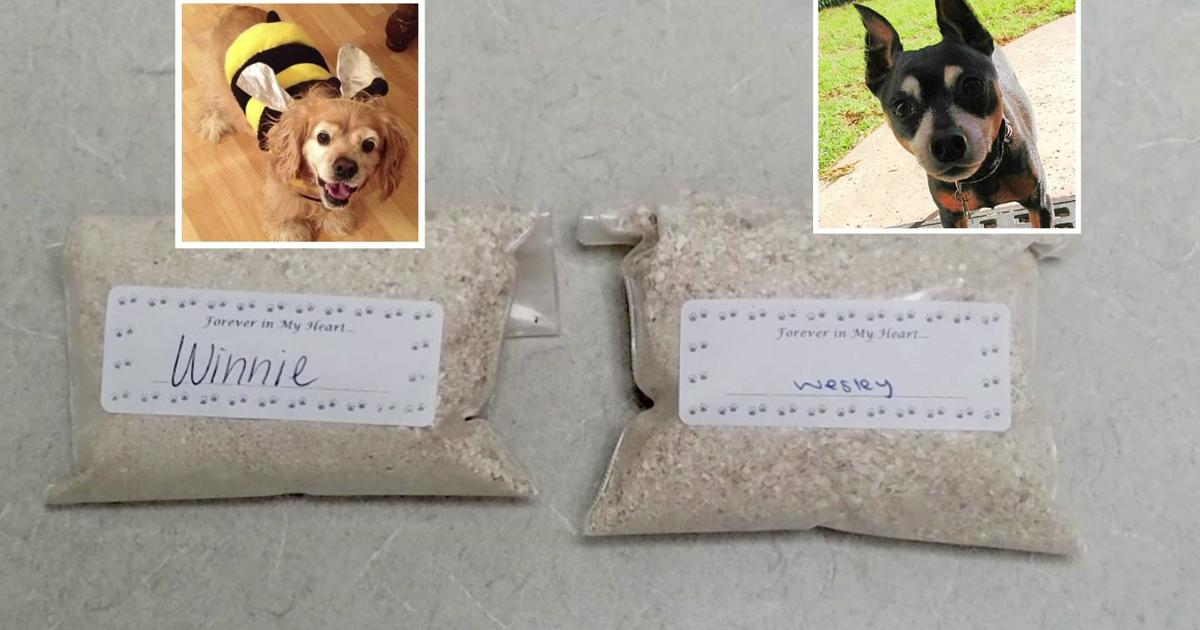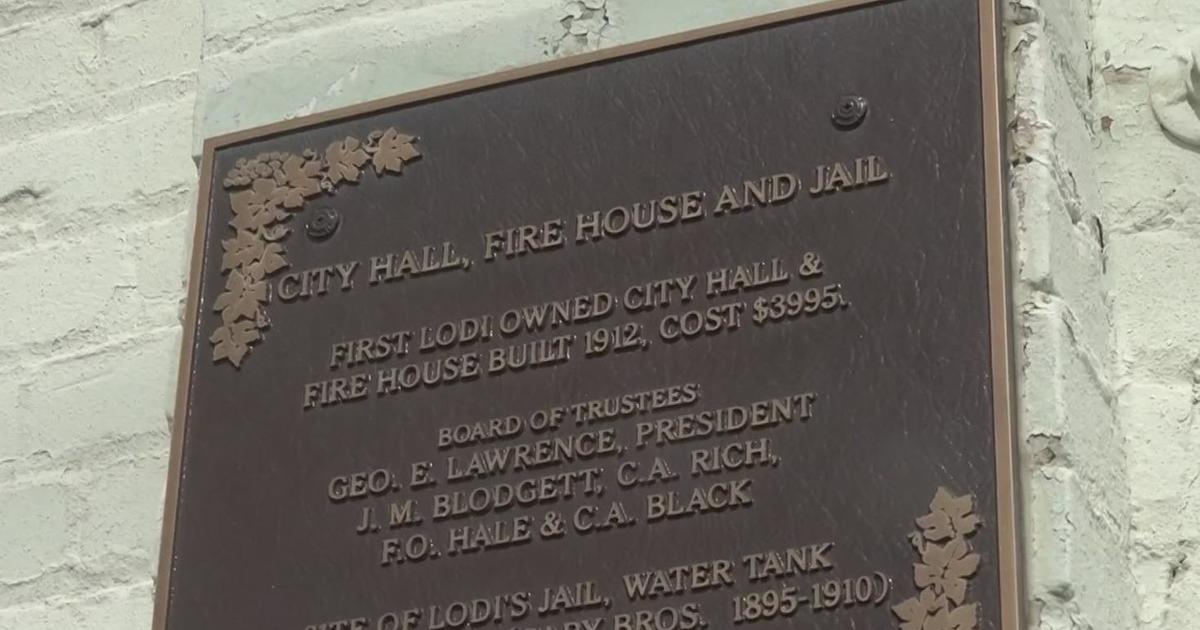Call Kurtis Investigates: The Fine Line Between Selling and Flipping a Car
EL DORADO HILLS (CBS13) - A young father is shocked after selling his car on Craigslist only to find it for sale, at a much higher price, hours later.
With his growing family, Julio Guardado sold his car on Craigslist for $5,500. He thought he was giving a college student a good deal.
Guardado says, "He was a young guy, maybe in his mid-twenties. He told me he was going to college."
He says that hours after selling the car, a 2008 Honda Accord, the buyer reposted it on Craigslist.
The new owner claimed to be the original owner and increased the price to $9,000. According to Guardado, the new owner even re-used his story in the new advertisement quoting, "My parents bought it brand new in 2008, with 20 miles on it."
"I completely lost it," said Guardado, "I was like why would you do that?"
Our investigation found that flipping a car for profit is not illegal. We have learned, in most cases, it can be done legitimately. The new owner must first register the car with the Department of Motor Vehicles in their name and pay the sales tax on the actual sale price.
We went undercover with the DMV in 2014, as they went after illegal flippers. Flippers are people who buy low then turnaround and sell cars for a profit without registering them, which leaves no record of the transaction.
Investigators say these cars often have defects and are improperly repaired.
The DMV Investigator walked us around a vehicle to demonstrate, "There's the handle, comes right off."
We presented Guardado's case to DMV investigators. They told CBS13 that, based on the evidence received, their investigations office will look into the matter.
Here are some steps you can take to protect yourself: When buying a car from a private party, ask to see the driver's license of the seller and compare it to the registration of the vehicle. The DMV also suggests, when buying or selling a car, to complete the transaction at the DMV.
Guardado wished he had gone to the DMV and avoided the headache of being vulnerable.
"This guy took advantage of me and my wife," he said.
We called the number of the person who bought Guardado's car. The individual who answered refused to identify himself or explain why the car was immediately reposted for sale at a higher cost. That person also claimed that the car was still in their possession, which we confirmed to be true.
MORE INFORMATION
According to the DMV:
Anytime you sell or transfer ownership of a vehicle the seller has to file a Release of Liability. The new owner has to register the vehicle within ten days.
Release of Liability REG 138: https://www.dmv.ca.gov/portal/wcm/connect/503960c5-6d95-4e5f-b123-3f584e16c012/reg138.pdf?MOD=AJPERES&CONVERT_TO=url&CACHEID=503960c5-6d95-4e5f-b123-3f584e16c012
- In terms of buying a vehicle and turning around and selling it without registering it, this is against the law, but there are exemptions. Reference California Vehicle Code Section 12120 VC and 12121 has exemptions to 12120.
- CVC 1120 says that only a dealer or the registered owner of record shall sell or offer for sale a vehicle. In other words, you have to register the vehicle first before you turn around and sell it. HOWEVER, there are exemptions, according to 12121:
- EXEMPTIONS
(a) Section 12120 does not apply to a dealer licensed pursuant to Chapter 4 (commencing with Section 11700) when acting under authority of the license, or to his or her authorized agent.
(b) Section 12120 does not prohibit the sale of a vehicle by any of the following persons not engaged in the business of selling vehicles:
(1) Anyone related by blood, adoption, or marriage to the registered owner.
(2) The receiver, administrator, executor, guardian, or other person appointed by, or acting under, a judgment or order of any court.
(3) The trustee of a trust in which the vehicle is registered as an asset.
(4) Any public officer in the performance of his or her official duties.
(5) An attorney on behalf of a client who is the registered owner.
(6) The owner, officer, or designated representative of a business in whose name the vehicle is registered.
(7) The legal owner as shown on the certificate of ownership.
(8) A person who has prior written authorization from the registered owner of the vehicle, and that person does not receive or expect to receive a commission, money, brokerage fees, profit, or any other thing of value from either the seller or purchaser of the vehicle.
(9) An insurer selling the salvage of one of its insured's vehicle or the stolen vehicle of one of its insured which has been recovered.
(Added by Stats. 1986, Ch. 668, Sec. 1.)



